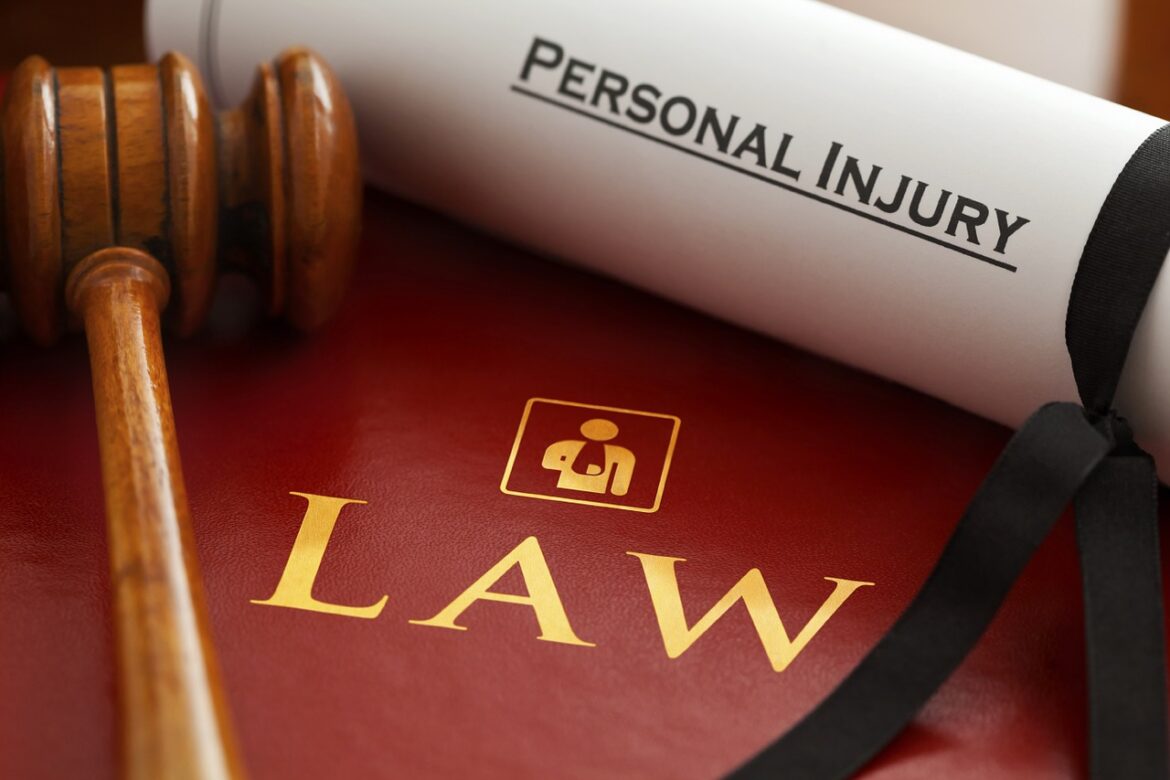When it comes to personal injury lawsuits and how much they’re really worth, it all boils down to what we know as damages. Specifically, personal injury lawyers will determine the monetary, physical, and mental costs that your injuries have cost you.
In a personal injury case, the company that is found legally responsible for the accident – either the defendant or their insurer – must pay money damages to the injured person, commonly referred to as the plaintiff.
In order to receive a damage award, so to speak, you could have a negotiated settlement – between the two parties, their attorneys, and their insurance companies. You could also take the matter into the hands of a judge and, respectively, a court trial.
However, the question remains – how much is a personal injury case worth? What are the things that influence the damage award we mentioned earlier?
Well, keep on reading and you’ll find the exact answers to these two questions.
Compensatory Damages
Personal injury cases are usually classified as compensatory – they are meant to compensate the injured person for what he/she had lost as a result of the injury/accident.
The point of these compensatory damages is to make the injured person whole again but from a monetary standpoint. In short, the consequences of the accident or injury will have a dollar figure put on them.
Here are the common compensatory damages that one may receive.
- Medical Treatment – a damage award resulted from a personal injury case will usually include the cost of all medical care associated with the injury/accident. This means reimbursement for the treatment that you’ve received so far, as well as compensation for the possible future cost of medical care that you’ll need because of the injury.
- Income – depending on the type of injury/accident, you may qualify for loss of earning capacity. This means that a personal injury case will compensate you with the impact the accident had on your wages and salary. This applies to both the income you’ve already lost and to the income you would have been able to make.
- Property Loss – If any of your clothing, vehicles, or any other items are damaged during the injury/accident, you will most likely be reimbursed for repairs or be compensated for the market value of the lost property.
- Pain and Suffering – The pain and discomfort that you suffered during the accident, as well as any ongoing pain after the accident, will make you eligible for compensation.
- Emotional Distress – Depending on the psychological impact of the injury, you may be rewarded with emotional distress damages. This includes fear, sleep loss, or anxiety.
- Loss of Enjoyment – if, as a result of the accident/injury, you lose the ability to enjoy your hobbies, recreational activities, exercise, and such, you may receive loss of enjoyment
- Loss of Consortium – this type of damages refers to the impact the injury/accident had on the injured person’s relationship with their spouse. In some cases, the affected family is awarded loss of consortium damages rather than the injured person.
Punitive Damages
As the name implies, such damages are meant to punish the defendant and its conduct. If the latter two are deemed careless or egregious, then the injured person can be awarded punitive damages, as well as any other compensatory damages.
Final Thoughts
With the help of the mentioned compensatory damages, you can now estimate how much your personal injury case is worth. Naturally, the result will be different from person to person and from accident to accident – so, one cannot really put a price on a personal injury case.
It is recommended that you consult with a personal injury lawyer before you consider taking any steps towards any compensatory damages so that you are sure that you are eligible to receive them.



